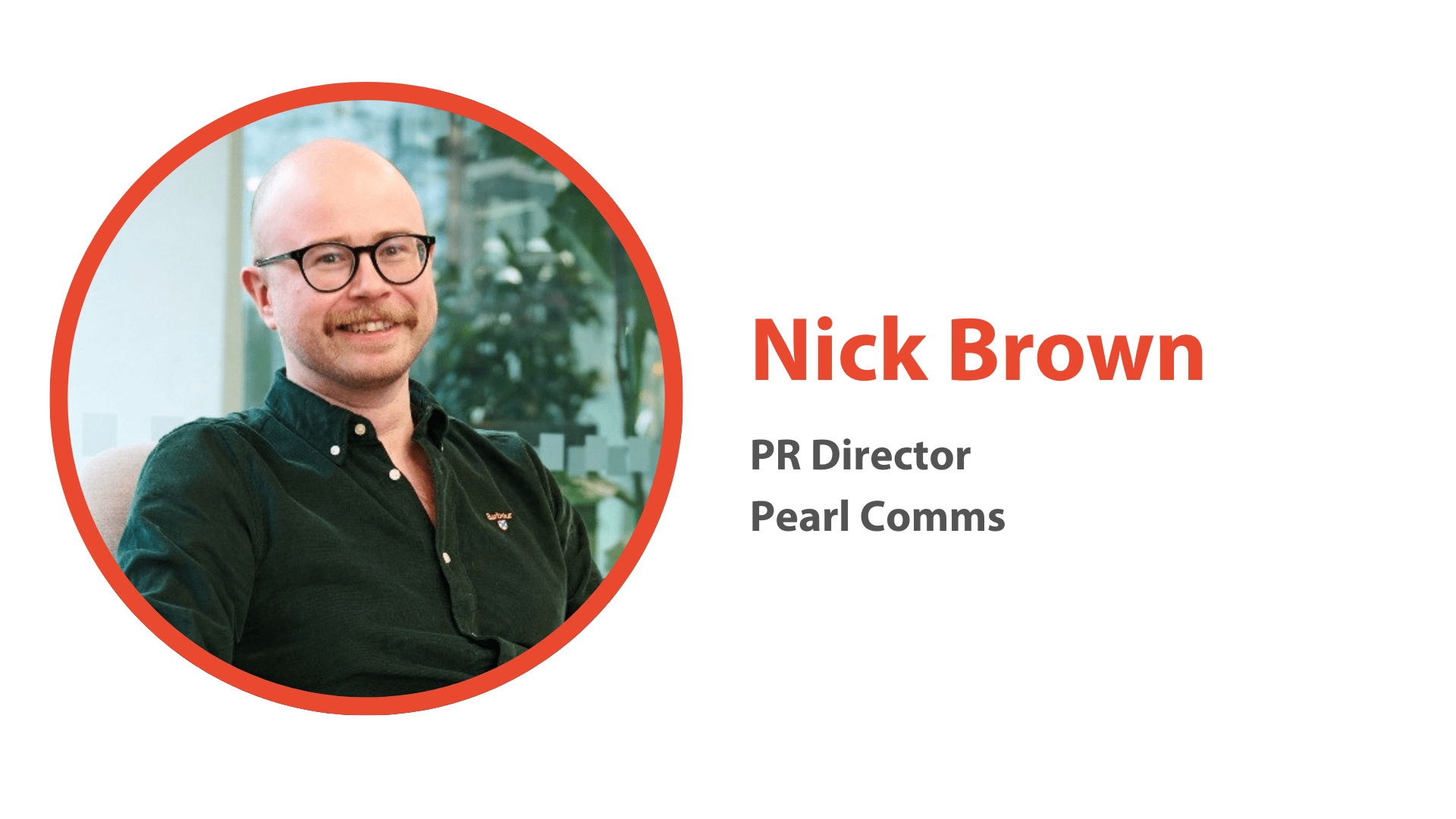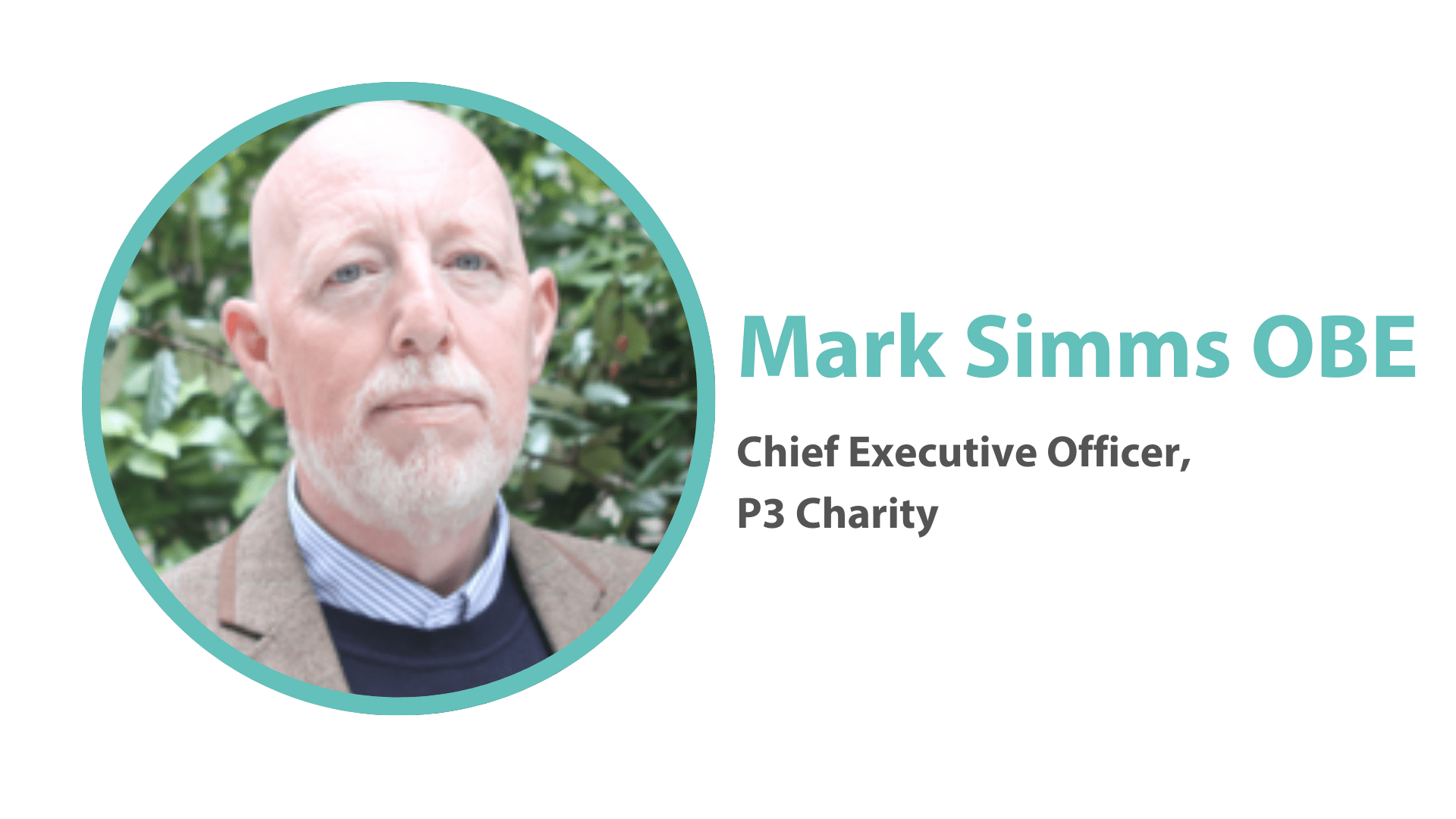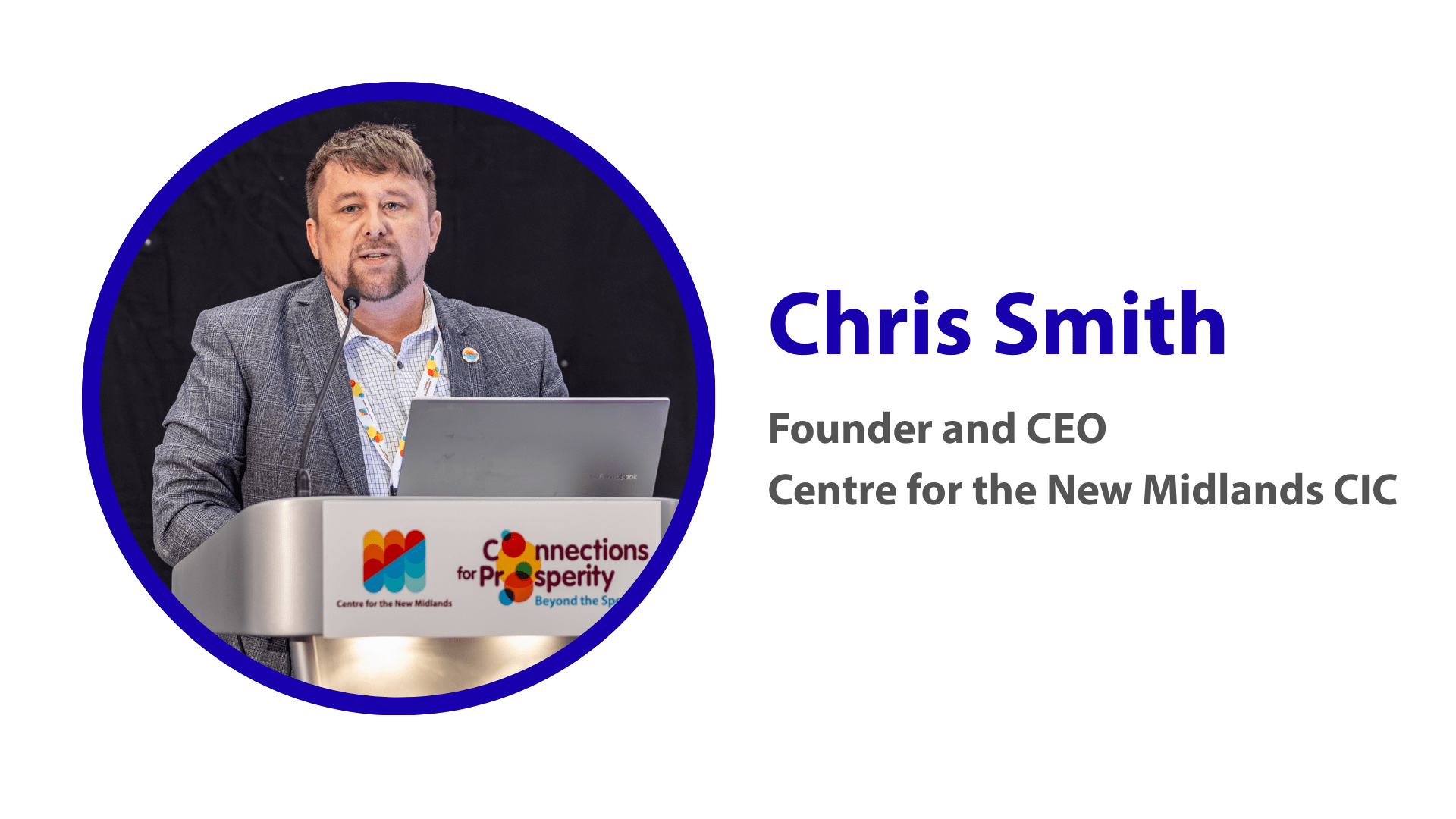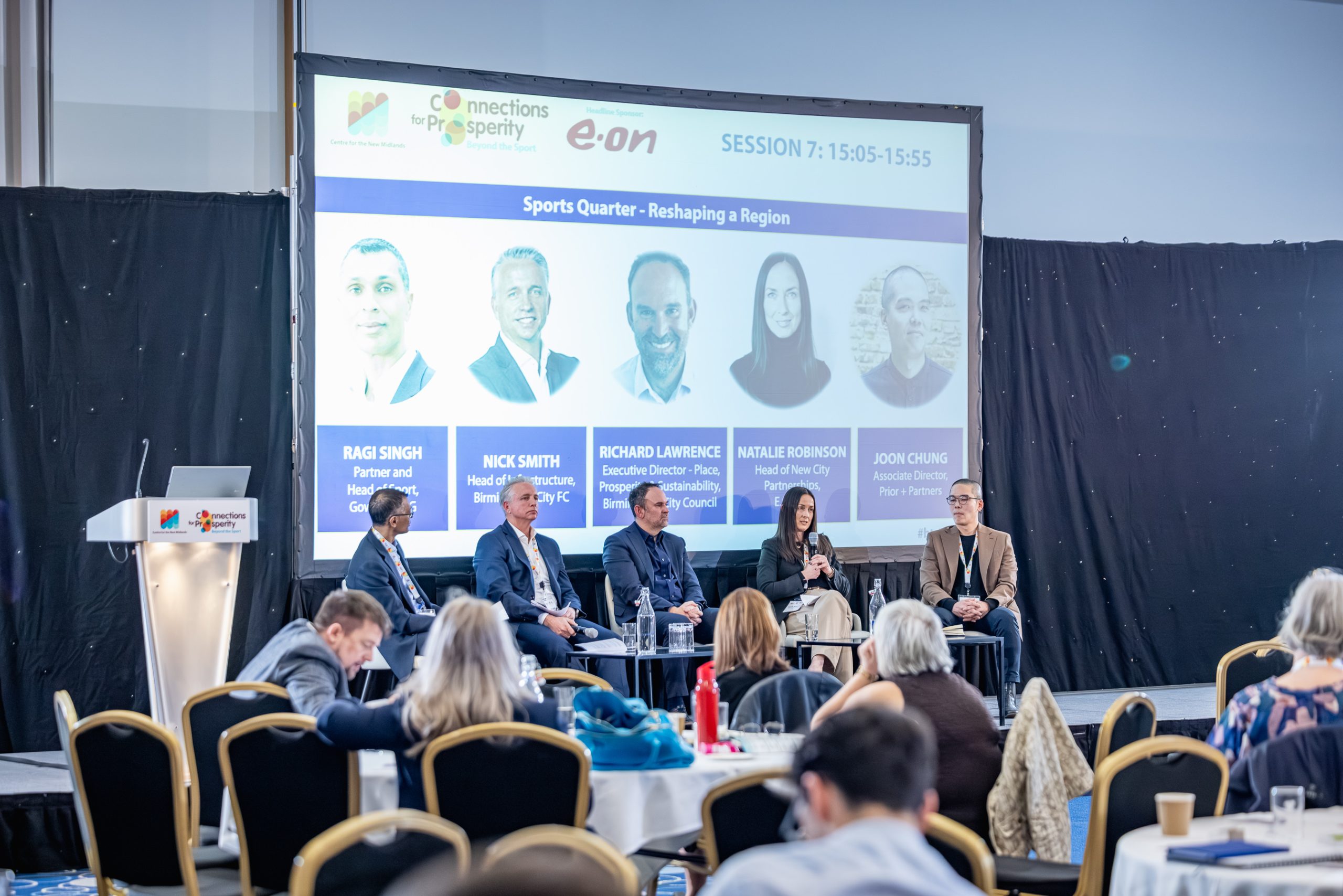“If we want to unlock the full potential of the creative workforce, we need to meet these businesses where they are. That means building support systems – toolkits, partnerships, and simplified processes – that make it easy for SMEs to connect with young people without carrying the full burden themselves.”
In this article, Alison Grade (Founder of Mission Accomplished and Author of The Freelance Bible) introduces the Next Generation Creatives programme and why SMEs are key to building the next generation of creative talent in the West Midlands region.
(August 2025)
Since my book The Freelance Bible, was published by Penguin in 2020 I’ve worked with thousands of creative freelancers. Many already established in the creative industries, building careers and honing their craft, and even they were often unaware of just how many opportunities existed across the broader creative economy. And here’s what I’ve come to realise: if established professionals don’t see the full picture, what chance do students and early-career creatives have?
The fact is, the creative industries are powered by small businesses – agile, inventive, passion-driven enterprises that make up the backbone of the sector. Yet these Small and Medium Enterprises remain largely invisible to the people who would benefit most from discovering them: young, aspiring creatives.
Within the UK business landscape, SMEs constitute 99.2% of businesses, as of 2024, but within creative industries, micro-businesses with fewer than 10 employees make up 90% of the sector, with most remaining businesses falling into the small business category with 10 to 49 employees. Of the more than 268,000 businesses within the creative sector, only a tiny fraction qualify as medium or large organisations.
This isn’t just a quirky feature of the sector – it’s a defining characteristic. Creativity in the UK flourishes within small, focused teams that are lean, agile and deeply embedded in their communities. In regions like the West Midlands – home to a growing ecosystem of studios, digital startups, cultural venues, and maker spaces – these SMEs aren’t just surviving, they’re shaping the next generation of creative innovation. Unfortunately, the knock-on effect of their size means they remain largely invisible to traditional careers education and new entrants
SMEs are where most people start their creative careers. They’re the places where you learn by doing, where roles are fluid, and where you might be designing in the morning and managing a client pitch in the afternoon. They’re where experimentation isn’t scheduled; it’s essential. This multi-disciplinary, hands-on experience is often what shapes the most versatile and innovative professionals.
But these businesses are lean. They don’t have the infrastructure to shout about what they do. Most don’t have HR teams, communications departments, or staff dedicated to outreach. They may not appear in school careers programmes, attend graduate fairs, or know how to navigate the bureaucracy involved in offering placements or internships. And so a quiet disconnect has grown: creative SMEs need talent, and young people need opportunities, but the gap between the two is still far too wide.
The result is a kind of hidden economy. Thousands of dynamic, creative businesses are working below the radar, fuelling the cultural life of towns and cities, creating jobs, and contributing to the UK’s global creative reputation – but too few young people ever get to see them, let alone work with them.
There’s also a particular kind of friction that SMEs face when it comes to bringing in new talent. Many genuinely want to mentor, to support, to give back. But they’re also stretched thin. They worry about how to structure a meaningful placement. They’re concerned about legal responsibilities – safeguarding, insurance, health and safety – and about finding the time to supervise someone properly. These aren’t minor hurdles; they’re very real challenges that can’t be addressed simply by urging SMEs to “do more”.
If we want to unlock the full potential of the creative workforce, we need to meet these businesses where they are. That means building support systems – toolkits, partnerships, and simplified processes – that make it easy for SMEs to connect with young people without carrying the full burden themselves. It means recognising their limitations without diminishing their value, and designing engagement models that are flexible, realistic, and grounded in the way small businesses work, which is what we’re doing with our Next Generation Creatives programme – ensuring SMEs have access to the right support for their needs, allowing them to focus on enriching young people’s skills and experiences whilst relying on Mission Accomplished and the wider Discover! Creative Careers team as a support system.
This is especially critical in regional and rural areas, where local creative enterprises aren’t just potential employers, they are hubs of cultural identity, social cohesion, and economic regeneration. Too often, conversations about the creative industries become London-centric, but the reality is that creativity exists everywhere. The Rt Hon Lisa Nandy touched on this last year in her address at the RTS London Convention 2024, urging the broadcast industry to be less centralised, saying, “Talent is everywhere. Opportunity is not.” Dundee to Devon, Belfast to Birmingham and Bradford, brilliant people are building remarkable things, and they deserve to be seen, supported, and included.
This is particularly evident in the West Midlands, where a thriving creative sector is emerging as both an economic driver and a beacon for young talent. As Mayor Richard Parker said last year, “By working together – businesses, training providers, and local communities – we can create real opportunities for our youth, making the West Midlands not only a hub for local talent, but a competitive place for businesses to invest and grow.” Programmes like Next Generation Creatives are vital in sustaining this momentum, ensuring young people from all backgrounds can access careers in the creative industries, and that the region continues to flourish through collaboration and innovation.
We don’t just need more visibility; we need connectivity, and Next Generation Creatives is centring itself around facilitating that relationship between students and creative SMEs. If we get this right, we can unlock a richer, more inclusive, and more sustainable creative economy – one that reflects the full spectrum of talent across the UK. And it starts by recognising that the future of the creative industries isn’t held in glass towers – it’s in the studios, shops, and workspaces of our smallest, boldest and brightest businesses.
This is a personal blog post. Any opinions, findings, and conclusion or recommendations expressed in this article are those of the authors and do not necessarily reflect the view of the Centre for the New Midlands or any of our associated organisations/individuals.
ABOUT OUR AUTHOR:
Alison Grade is CEO of Mission Accomplished an independent training provider specialising in creative and screen industries. She describes her key skill as transforming creative ideas into a business reality. She accomplishes this with the films she produces, the creative entrepreneurs she mentors, SMEs and freelancers she advises and in her Penguin published book, The Freelance Bible.
Alison has an unique skillset in that she has formal academic training (INSEAD MBA); has worked at senior level in many media companies; is an entrepreneur who has established several businesses and is a Nesta accredited Creative Enterprise trainer and mentor. In 2025 she was crowned Creative Talent Champion at the We Are Creative Awards and Inspirational Educator of the Year at the WMCA Adult Learning awards. She brings her passion, knowledge and experience with her in all the work she does.








